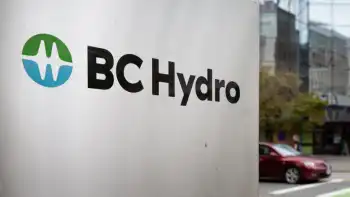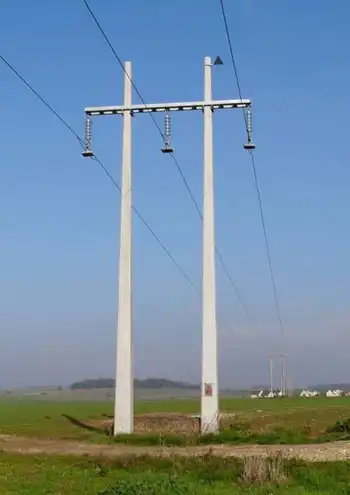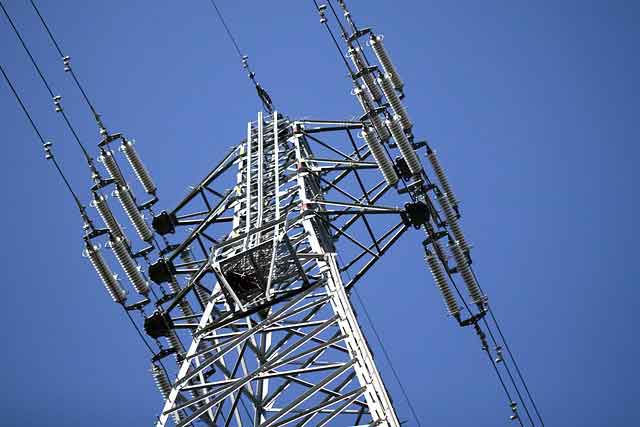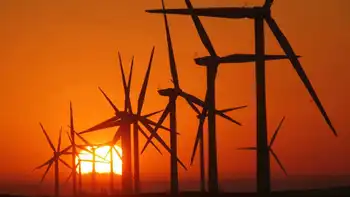Little to be done about emissions
It might be a short conversation. Representatives of utilities operating in Kansas say there is nothing they can do about their present CO2 emissions.
"There is no large-scale, proven technology to reduce carbon dioxide emissions," said Karla Olsen, a spokeswoman for Westar Energy Inc. Topeka-based Westar is Kansas' largest utility, and about 80 percent of its power is produced by coal-burning plants that emit millions of tons of carbon dioxide into the atmosphere every year.
CO2 is a greenhouse gas blamed for global climate change. In October, Bremby cited concerns with climate change when denying permits for two 700-megawatt coal-burning power plants in western Kansas.
Lawmakers angered over the decision have asked Bremby whether he intends to limit CO2 levels as other industries seek KDHE permits. Bremby said he won't set regulations on carbon dioxide emissions, but he will seek a plan to reduce emissions, possibly when utilities come in for renewal of operating permits.
"It's his goal to engage industry to come up with voluntary plans to reduce emissions, not just CO2, but all emissions," KDHE spokesman Joe Blubaugh said. But in recent testimony to a legislative committee, Westar's executive vice president Jim Ludwig said several "myths" exist about global warming - including that renewable power sources can replace the need for fossil fuel.
He said wind, solar, hydro or geothermal energy are not feasible replacements for baseload generation such as coal and nuclear power.
Craig Volland, of the Kansas chapter of the Sierra Club, agreed in part with Ludwig's assertion. "I think it will take some time to work out the carbon dioxide emissions coming from existing coal plants," Volland said.
But, he said, research on ways to capture the carbon dioxide soon might produce results. Combined with conservation, "we may be able, as time goes on, to shut down the oldest and least efficient plants," he said. And, he said, he believes wind energy might one day be a viable substitute for additional coal or nuclear energy.
Meanwhile, utilities must get their operating permits renewed every five years. One before KDHE is Westar's Jeffrey Energy Center near St. Marys, which the EPA says emits 18.1 million tons of CO2 every year - the most in the state.
Related News

BC Hydro electricity demand down 10% amid COVID-19 pandemic
VANCOUVER - Elecricity demand is down 10 per cent across British Columbia, an unprecedented decline sparked by the COVID-19 pandemic, according to a BC Hydro report.
Power demand across hotels, offices, recreational facilities and restaurants have dwindled as British Columbians self isolate.
The shortfall means there's a surplus of water in reservoirs across the province.
"This drop in load in addition to the spring snow melt is causing our reservoirs to reach near capacity, which could lead to environmental concerns, as well as public safety risks if we don't address the challenges now," said spokesperson Tanya Fish.
Crews will have to strategically spill reservoirs…





